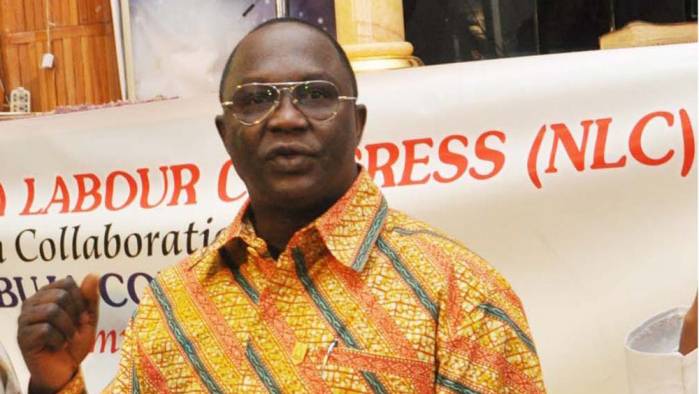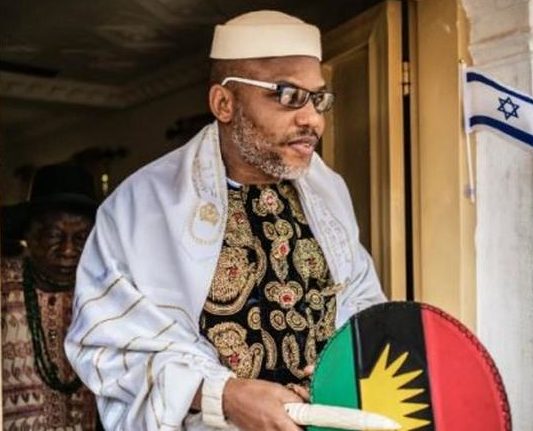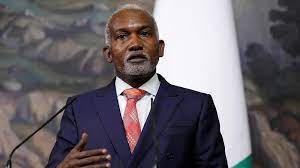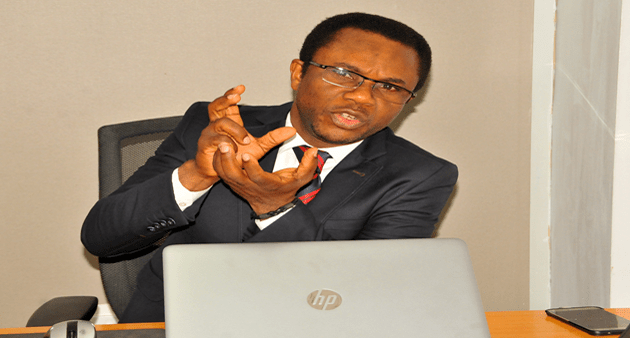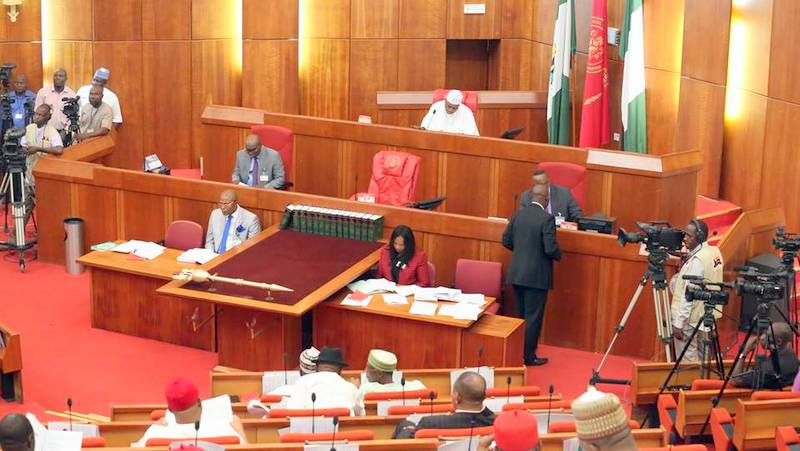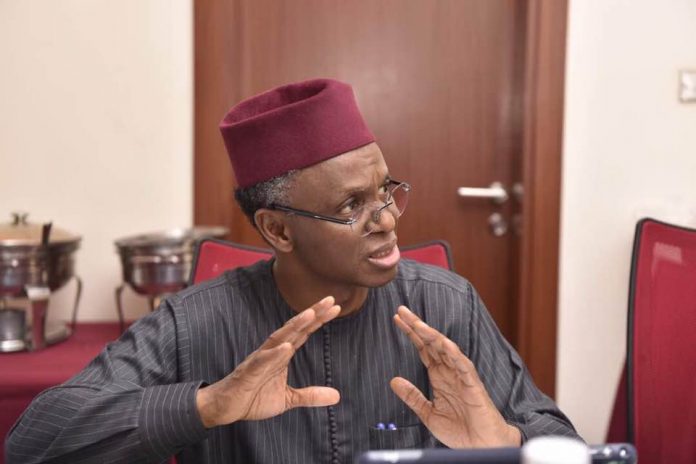“We cannot call you out here to announce a strike and the next strategy as if the unions are one man organisation. Part of what we are doing in terms of engagement is to reach out and if every other means fails, strike is usually the last option by any union.
“We do not just at the slightest provocation start talking about strike. I think that is not what is on the table now. There are certain disagreements which we are trying to address.
“We say that we can’t accept deregulation that is import-driven and that the refineries must work before you think of it and then you go into price fixing.
“Price fixing is not the same thing as deregulation, you cannot regulate in a deregulated market. If they have deregulated, the price of product in Sokoto will not be the same thing with that of Abuja, there will be variations,” he said.
In his own comments, the NLC Deputy President, Mr. Muhammed Idris, gave further explanation as to why Labour walked out of the meeting with government on Sunday.
According to him, they had prioritised as urgent the increase in fuel price and electricity tariff and felt that should be addressed before delving into the issue of palliatives.
READ ALSO: AMCON Seeks To Recover N784m Debt From Ogboru
However, he said that all efforts to make the government see reason failed and given the tense situation, labour had no option than a walk out.
“This is in spite of the patriotic understanding of labour which has drawn the flak of the public which thinks we are not doing enough to protect their interests on the issues of petroleum products and electricity tariffs.
“The terms and conditions for putting the protest on hold were clearly spelt out in the Memorandum of Understanding.
“The conditions include fixing the existing refineries, entrusting them to efficient managements, creating an enabling environment for new refineries, and doing all positive things that would ensure enhanced and sustainable local refining capacity.
“Furthermore, Government and Labour Committee was setup to review the increase in electricity tariff,” he explained.
He noted that the letter and spirit of the terms and conditions of the agreement presupposed that contemplation of an increase or an increase would constitute a breach of the dialogue process.
